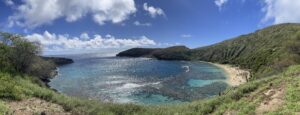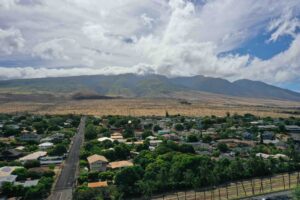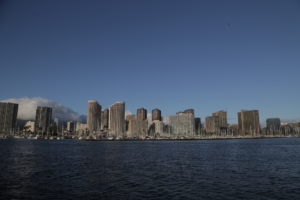We review the economics perspective on sustainable resource use and sustainable development. Under standard conditions, dynamic efficiency leads to sustainability of renewable resources but not the other way around. For the economic‐ecological system as a whole, dynamic efficiency and intergenerational equity similarly lead to sustainability, but ad hoc rules of sustainability may well lead to sacrifices in human welfare. We then address the challenges of extending economic sustainability to space as well as time and discuss the factors leading to optimal islands of preservation regarding renewable resources. Exogenous mandates based on moral imperatives such as self‐sufficiency and strong sustainability may result in missed win‐win opportunities that could improve both the economy and the environment, as well as increase social welfare across generations.





